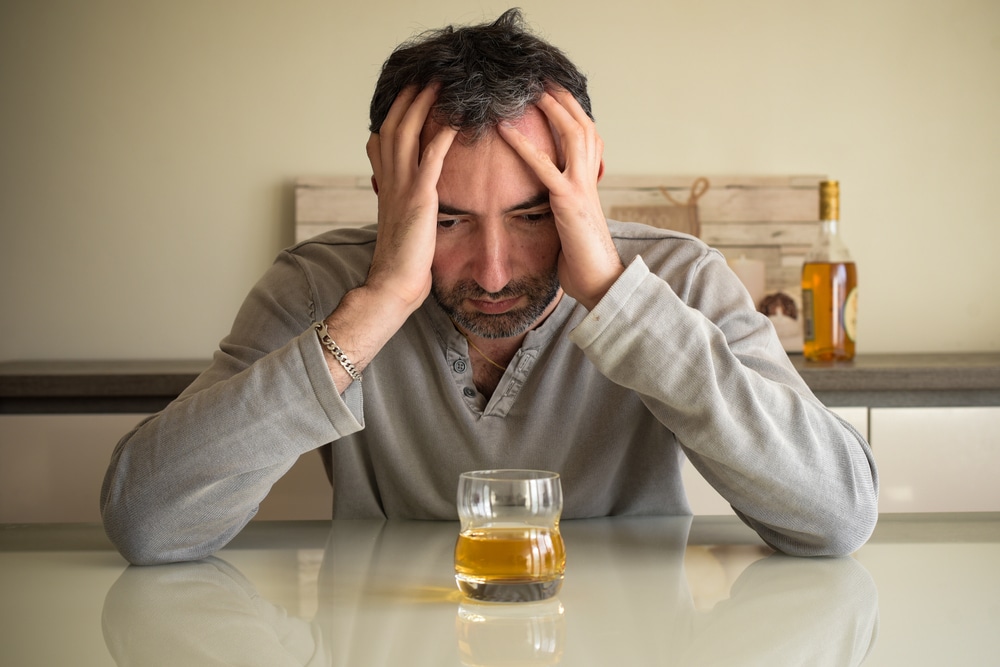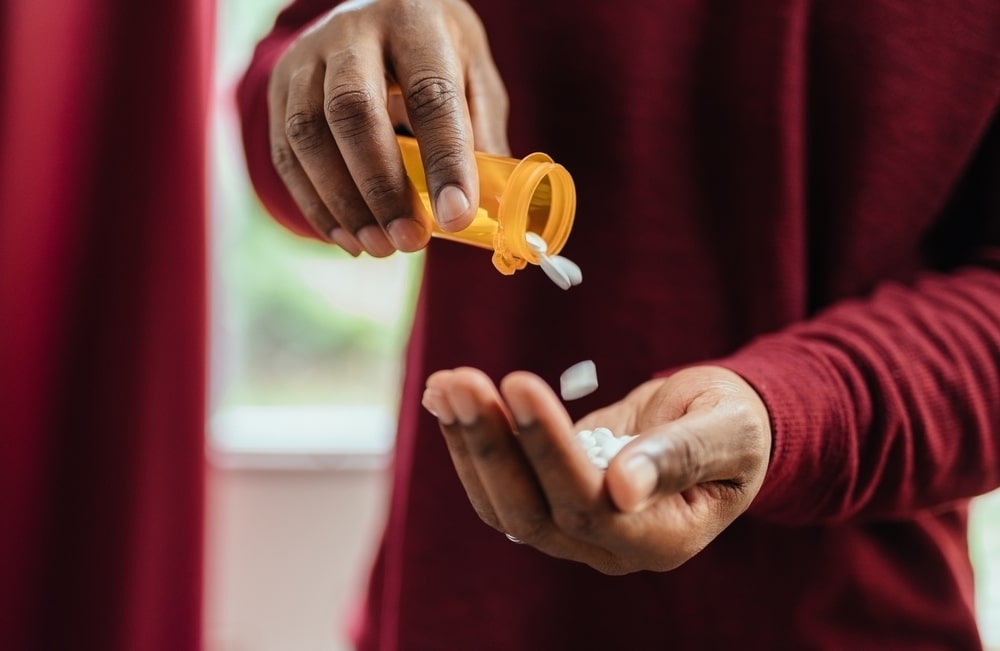If you abuse alcohol, it means you drink it in quantities at a greater frequency than is healthy for your body. Alcohol abuse occurs for a number of reasons, from the harmless desire to have fun to the more harmful need to mask the symptoms of mental disorders. While it’s not the same as alcohol addiction, people who are at risk for substance abuse disorders put themselves in danger by excessive drinking.
The exact quantity that it’s safe for you to consume depends on factors such as gender, family history, race, age and weight. If alcohol is something you consume on a regular basis and you feel you’d struggle to get through life without it, there’s a good chance you’ve gone beyond moderate drinking and might have an alcohol problem.







